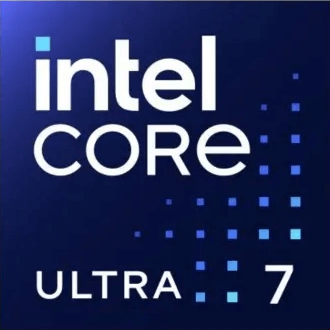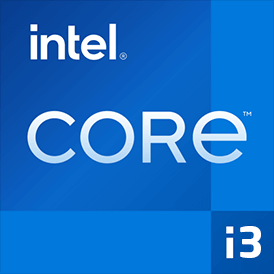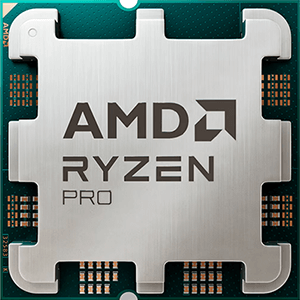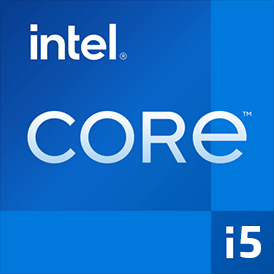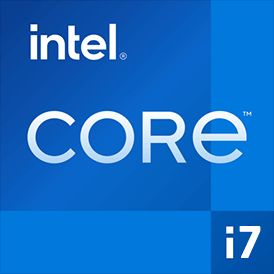Intel Core Ultra 7 165H vs Apple M1 Pro
We compared two laptop CPUs: Intel Core Ultra 7 165H with 16 cores 1.4GHz and Apple M1 Pro with 10 cores 2.0GHz . You will find out which processor performs better in benchmark tests, key specifications, power consumption and more.
Main Differences
Intel Core Ultra 7 165H 's Advantages
Released 2 years and 2 months late
Higher specification of memory (7467 vs 6400)
Lower TDP (28W vs 30W)
Apple M1 Pro 's Advantages
Better graphics card performance
Larger memory bandwidth (204.8GB/s vs 120GB/s)
Higher base frequency (2.0GHz vs 1.4GHz)
More modern manufacturing process (5nm vs 7nm)
Score
Benchmark
Cinebench R23 Single Core
Intel Core Ultra 7 165H
+14%
1758
Apple M1 Pro
1530
Cinebench R23 Multi Core
Intel Core Ultra 7 165H
+20%
14554
Apple M1 Pro
12116
Geekbench 6 Single Core
Intel Core Ultra 7 165H
+13%
2465
Apple M1 Pro
2180
Geekbench 6 Multi Core
Intel Core Ultra 7 165H
+62%
12985
Apple M1 Pro
7976
Cinebench 2024 Single Core
Intel Core Ultra 7 165H
106
Apple M1 Pro
+6%
113
Cinebench 2024 Multi Core
Intel Core Ultra 7 165H
+17%
947
Apple M1 Pro
803
Blender
Intel Core Ultra 7 165H
+8%
228
Apple M1 Pro
211
Passmark CPU Single Core
Intel Core Ultra 7 165H
3545
Apple M1 Pro
+6%
3792
Passmark CPU Multi Core
Intel Core Ultra 7 165H
+21%
26392
Apple M1 Pro
21750
General Parameters
Dec 2023
Release Date
Oct 2021
Intel
Manufacturer
Apple
Laptop
Type
Laptop
x86-64
Instruction Set
ARMv8
Meteor Lake
Core Architecture
-
165H
Processor Number
-
FCBGA-2049
Socket
Apple M-Socket
Arc Graphics (8-Cores)
Integrated Graphics
Apple M1 Pro GPU (16-core)
Ultra 7 (Meteor Lake)
Generation
-
Package
-
Transistor Count
33.7 billions
7 nm
Manufacturing Process
5 nm
28 W
Power Consumption
30 W
115 W
Max Turbo Power Consumption
-
110 °C
Peak Operating Temperature
-
Intel
Foundry
-
CPU Performance
6
Performance Cores
10
12
Performance Core Threads
10
1.4 GHz
Performance Core Base Frequency
2.0 GHz
5 GHz
Performance Core Turbo Frequency
3.2 GHz
10
Efficiency Cores
-
10
Efficiency Core Threads
-
0.9 GHz
Efficiency Core Base Frequency
-
3.8 GHz
Efficiency Core Turbo Frequency
-
16
Total Core Count
10
22
Total Thread Count
10
100 MHz
Bus Frequency
-
14
Multiplier
-
112 K per core
L1 Cache
192 K per core
2 MB per core
L2 Cache
24 MB shared
24 MB shared
L3 Cache
-
No
Unlocked Multiplier
No
1
SMP
-
Memory Parameters
LPDDR5-7467,LPDDR5x-7467,DDR5-5600
Memory Types
LPDDR5-6400
96 GB
Max Memory Size
32 GB
2
Max Memory Channels
4
120 GB/s
Max Memory Bandwidth
204.8 GB/s
No
ECC Memory Support
No
Graphics Card Parameters
true
Integrated Graphics
true
300 MHz
GPU Base Frequency
450 MHz
2300 MHz
GPU Max Dynamic Frequency
1296 MHz
1024
Shader Units
2048
64
Texture Units
128
32
Raster Operation Units
64
128
Execution Units
-
28
Power Consumption
30 W
7680x4320 - 60 Hz
Max Resolution
6016x3384 - 60 Hz
4.7 TFLOPS
Graphics Performance
5.2 TFLOPS
